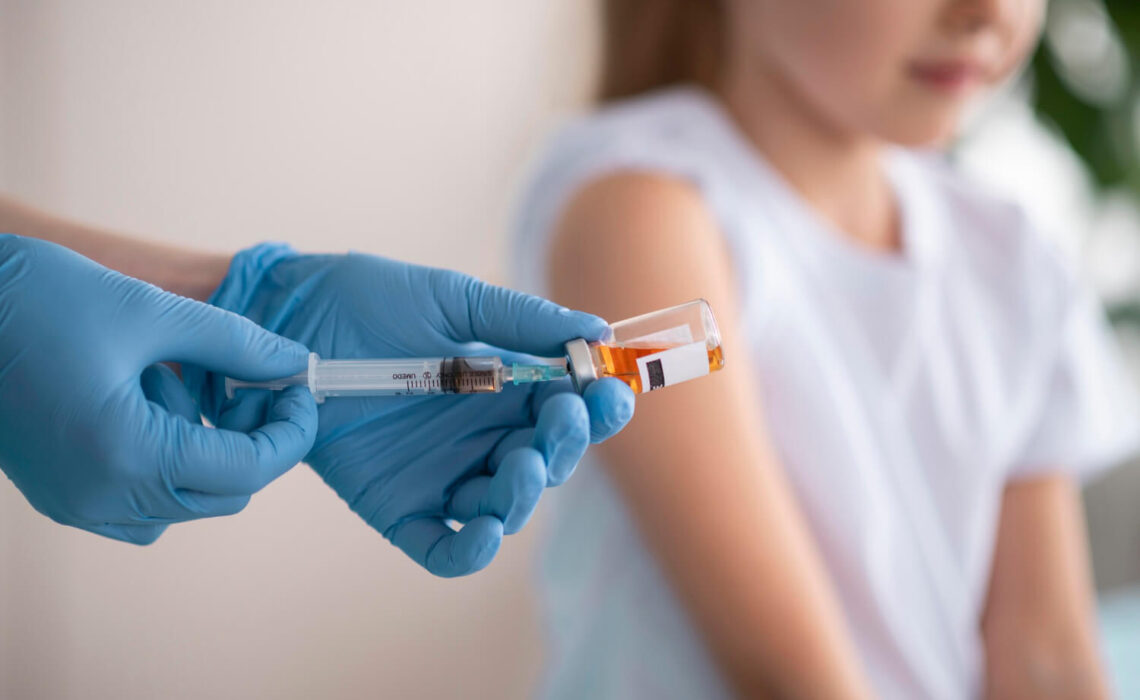The human body is known for being a perfect machine capable of doing many biochemical reactions to make it work the way it does, and the human growth hormone (HGH) is one of its main characters.
What’s human growth hormone?
Table of Contents
Human growth hormone, also known as somatotropin, is a hormone in charge of helping the body grow, including organs, bones, and basically cells, as its name suggests.
Having its most important duty fulfilled in the infant and adolescence phase of every human’s life by breaking fat to give all the cells in the body the energy they need to grow, this hormone also participates in regulating body composition and fluids, and sugar and fat metabolism.
HGH is produced naturally by the pituitary gland, and any malfunction from it or if it suffers any damage could lead to problems with the growth hormone.
Who needs HGH treatment?
Although the body keeps producing growth hormones during a person’s lifespan, it is not as much as in its youth due to a decline in production closely related to aging.
But when a person starts to show decreased levels of HGH not related to aging, it’s what experts call growth hormone deficiency (GHD). GHD refers to a disorder where the pituitary gland isn’t producing somatotropin or is not producing enough of it.
It is at that moment when a person starts to suffer from GHD that people get prescribed synthetically developed growth hormone to use.
Synthetic HGH
The creation of synthetic HGH came into action to fight against GHD, and it’s used by people that suffer from this condition, children and adults alike.
Somatotropin hormone was developed first in 1985, but its legal uses have been specified by the FDA in the US. According to the FDA, synthetic HGH is used in the pediatric population to treat the following medical conditions:
- Short stature due to GHD
- Turner syndrome
- Noonan syndrome
- Prader-Willi syndrome
- Chronic renal insufficiency
- Idiopathic short stature
And the following uses are the only approved in adults with GHD:
- Short bowel syndrome
- Growth hormone deficiency
- Muscle-wasting disease and cachexia associated with HIV/AIDS
What are the leading HGH manufacturers?
According to BestHGHDoctor.com, there are five world-renowned manufacturers’ brands of HGH that are leading the market, which include:
- Norditropin by Novo Nordisk
- Genotropin by Pfizer
- Humatrope by Eli Lilly
- Saizen by Merck Serono
- Omnitrope by Sandoz
These are all synthetic injectables HGH produced via recombinant DNA technology and don’t differ much from one another in terms of quality, safety, and effectiveness.
What does differentiate one brand from another is its price, form of use, dosage, storage indications, and popularity among consumers.
What forms of growth hormone treatment are there?

Image source: ihealthspot.com
Although there are different forms of HGH on the market. The only scientifically approved form of HGH is injections, also called recombinant somatotropin.
Many companies promote supplements, pills, gels, or sprays. They don’t contain actual growth hormone but claim that they have the same effects as the injections. Once again, there’s no real evidence that supports them or real HGH results.
FDA does not approve non-injectable forms of HGH, it’s also essential to get the injectable form of HGH from a reliable source and manufacturer. Some doctors and businesses can produce their own injections of HGH which are not also FDA-approved because they are used for off-label purposes.
Growth hormone injections are the gold standard prescribed by doctors for helping people with GHD. Compared to other types of growth hormone, injections are the most studied, and studies support their effects and results.
In fact, in August 2020 FDA approved the use of Sogroya to treat adults with a growth hormone deficiency, which is an improvement related to the other HGH injections. Sogroya only needs to be taken once a week, while other FDA-approved HGH injections for adults with GHD must be administered daily.
What are the benefits of injectable HGH?
The first results adults who suffer from GHD will get after injecting HGH include:
- Increase exercise capacity
- Increase bone density
- Increase muscle mass
- Decrease body fat
What are the possible risks of HGH injections?
As with any drug, medication, or medical treatment, taking HGH injections has its possible risks or side effects people need to be aware of.
Even when these risks are quite rare and of short duration when taking the recommended dosage of HGH under a doctor’s supervision, it’s something that still can happen. Among these risks are included:
- Nerve, muscle, or joint pain
- Swelling arms and legs (edema)
- Carpal tunnel syndrome
- Numbness and tingling of the skin
- Higher cholesterol levels
- Increased insulin resistance
- Type 2 diabetes
- Gynecomastia
To sum up
If you are a healthy adult without any of the conditions listed above, you should do a lot of research and speak to your doctor before considering HGH treatment. The jury is still out on the effectiveness of HGH in healthy adults. But what we do know for sure is that illegal HGH or supplements will not give you any real HGH results and may even make your condition worse.
- How To Create A Safe And Comfortable Home Environment For In-Home Care In Boca Raton? - July 16, 2024
- 10 Trendy Black Nail Ideas To Elevate Your Nail Game - May 6, 2024
- Getting A Free Divorce In Virginia? Here’s What To Expect - April 24, 2024





No Comments